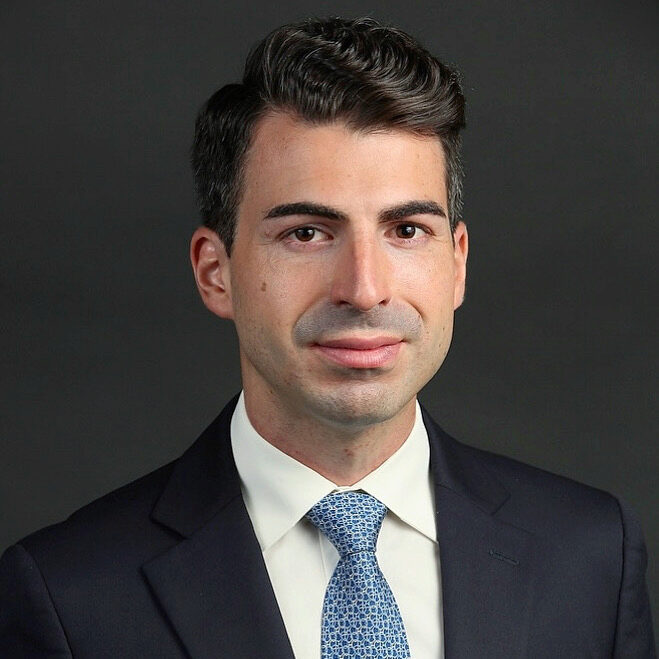We study bank specialization in lending in the US corporate loan market. We document that banks specialize in lending to specific industries. Specialization is persistent over time and common across industries. Using detailed information on credit agreements, we show that the typical loan contract between a bank specialized in an industry and a firm in the same industry has less restrictive financial covenants and no higher spreads, relative to other industries. These results are not explained by relationship lending, high industry market shares, or geographical proximity, and are robust to using default shocks on lenders’ loan portfolios as a source of variation in banks’ self-assessment of screening abilities. We suggest that banks specialize in lending because of information advantages in monitoring specific industries.
Marco Giometti

Contact Information
- Primary Email:
mgiom@wharton.upenn.edu - Office Phone:
+12154602064
- office Address:
2424 Steinberg-Dietrich Hall
3620 Locust Walk
Philadelphia, PA 19104
Research Interests: Banking, Empirical Corporate Finance, Financial Contracting, Political Economy
Links: CV, Personal Website, Job Market Paper
Activity
Latest Research
Marco Giometti and Stefano Pietrosanti (Draft), Bank Specialization and the Design of Loan Contracts.
All ResearchIn the News
Has Media Bias Become More Prevalent in Cable News?A team of researchers from the Computational Social Science Lab at the University of Pennsylvania find that cable news has increasingly diverged from broadcast news in the topics covered and language used.…Read More
Knowledge @ Wharton - 2025/06/17

